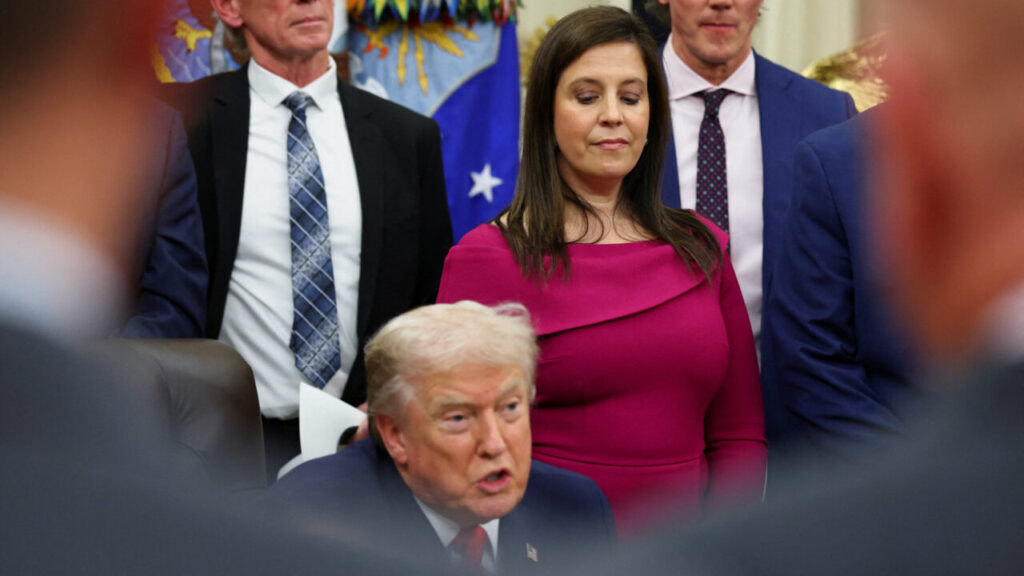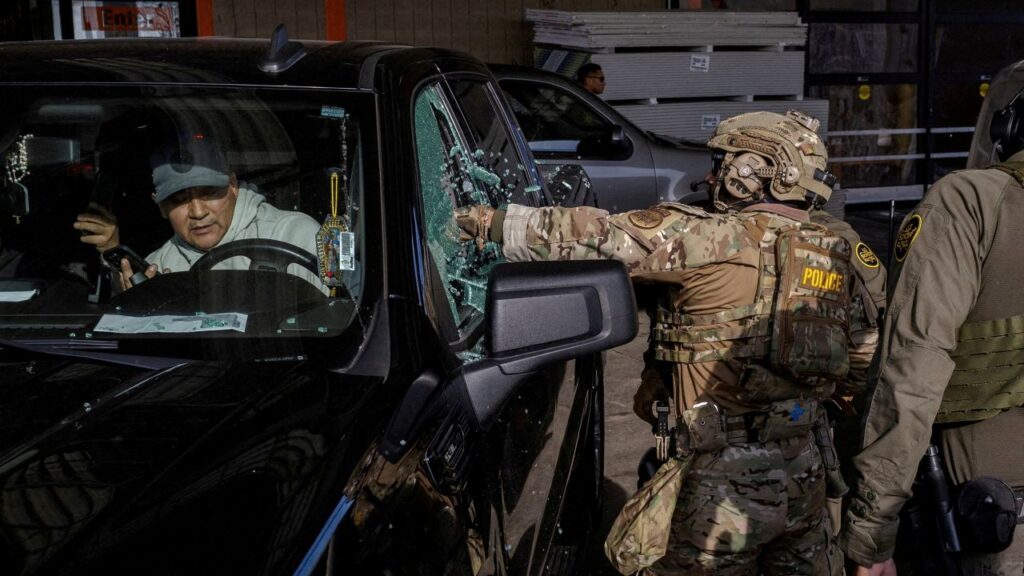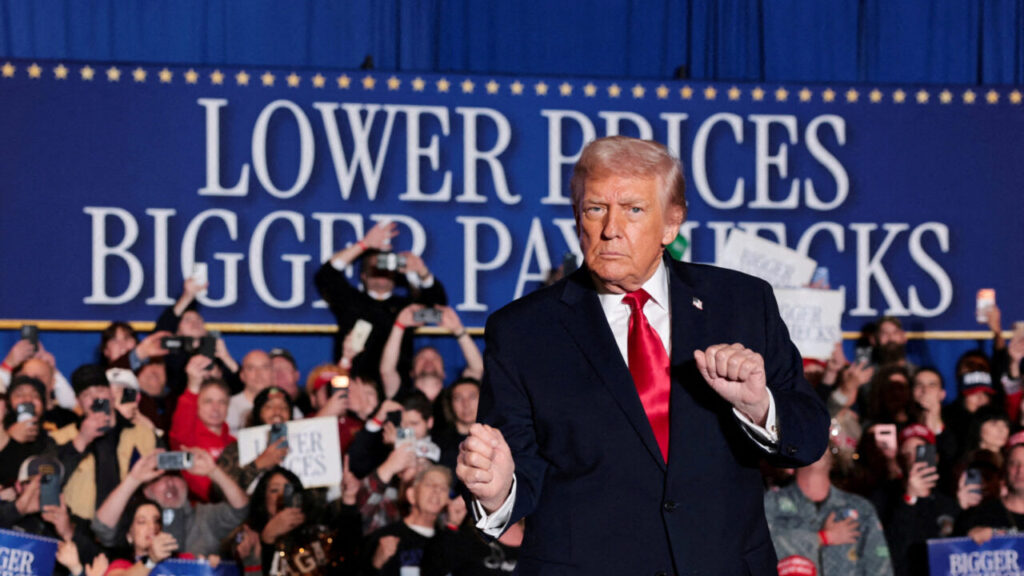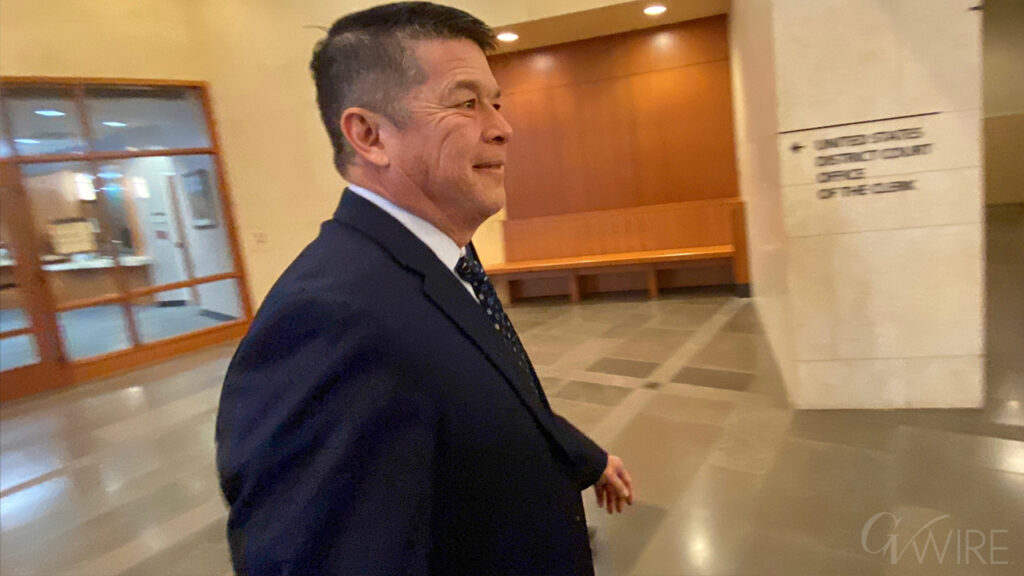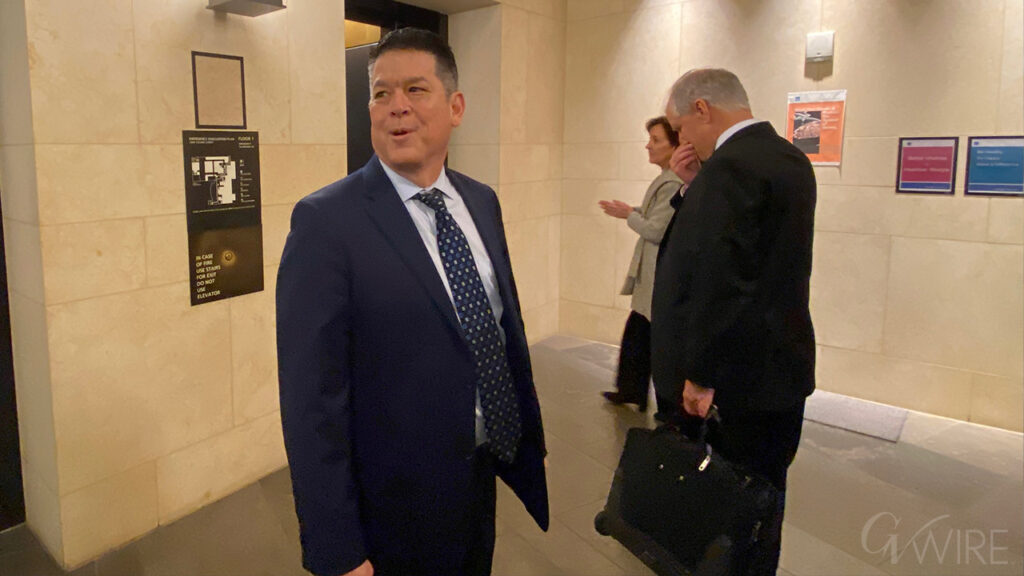Georgia prosecutors say that Robert Davis Forney, 25, sent voicemail messages in January that threatened sexual violence against Sen. Ted Cruz, R-Texas, and his family, as well as Sen. Deb Fischer, R-Neb. Forney was arraigned Monday and faces federal charges that could carry a fine or a prison sentence upon conviction. ((Haiyun Jiang/The New York Times/File)

- Officials in at least three states say they are investigating or prosecuting people for making threats against politicians.
- This comes a day after police in Minnesota arrested and charged a man over the assassination of a state lawmaker.
- In Austin, Texas, threats by an armed man Saturday forced the evacuation of the state Capitol grounds, Gov. Greg Abbott says.
Share
|
Getting your Trinity Audio player ready...
|
Officials in at least three states said Monday that they were investigating or prosecuting people for making threats against politicians, a day after police in Minnesota arrested and charged a man over the assassination of a state lawmaker.
In Texas, authorities said that an armed man who had threatened to harm lawmakers at the state Capitol had been detained. In Georgia, a man was arraigned after prosecutors said he had threatened sexual violence against two U.S. senators. And in Virginia, a former Coast Guard officer was arrested and accused of making threats against President Donald Trump online.
Threats and violence against local, state and federal officials in the United States have become part of America’s political landscape.
Gov. Gretchen Whitmer of Michigan, a Democrat, was the target of a kidnapping plot in 2020, and a man bludgeoned the husband of House Speaker Nancy Pelosi in 2022. Trump was the target of two assassination attempts during his second presidential campaign. And in April, the home of Pennsylvania Gov. Josh Shapiro, a Democrat, was set on fire as he and his family slept inside.
The Department of Homeland Security’s annual assessment of threats to the United States said last year that politically motivated violence was among its top concerns for 2025. The number of concerning statements and direct threats against members of Congress alone more than doubled from 2017 to 2024, according to an investigation by the U.S. Capitol Police.
The attacks in Minnesota on Saturday killed state Rep. Melissa Hortman and her husband, and wounded another state lawmaker and his wife. The shootings led to a search for the suspect, who was captured late Sunday and charged with murder. Police said he had a list of other potential targets, including politicians in several states. The two lawmakers were Democrats.
Texas Capitol Grounds Evacuated
In Austin, Texas, threats by an armed man Saturday forced the evacuation of the state Capitol grounds, Gov. Greg Abbott told reporters Monday. State troopers later stopped the man, who was not identified, for speeding, the Texas Department of Public Safety said. Officers arrested him on misdemeanor traffic charges and seized his handgun.
He was taken into custody for further questioning about the threats, but no charges related to them had been filed by Monday night. Abbott, a Republican, said the department was on “heightened alert” after the Minnesota attacks.
In Georgia, prosecutors said that Robert Davis Forney, 25, sent voicemail messages in January that threatened sexual violence against Sen. Ted Cruz, R-Texas, and his family, as well as Sen. Deb Fischer, R-Neb. He was arraigned Monday and faces federal charges that could carry a fine or a prison sentence upon conviction.
“Threatening our elected officials and their families is an act of violence that undermines our entire democracy,” Theodore S. Hertzberg, U.S. attorney for the Northern District of Georgia, said in a statement. “Political discourse and disagreements never justify resorting to vile attacks against our nation’s leaders.”
Death Threats Against Trump
In Virginia, the former Coast Guard officer, Peter Andrew Stinson, faces a detention hearing Wednesday after the FBI found scores of social media posts from 2020 to 2025 in which he made death threats against Trump.
Stinson was a lieutenant in the Coast Guard until 2021, according to an affidavit filed by the FBI. He also identified himself as a member of “antifa,” a loosely affiliated group of far-left anti-fascism activists that Trump has called, without clear authority, a terrorist group.
This article originally appeared in The New York Times.
By John Yoon/Haiyun Jiang
c.2025 The New York Times Company





